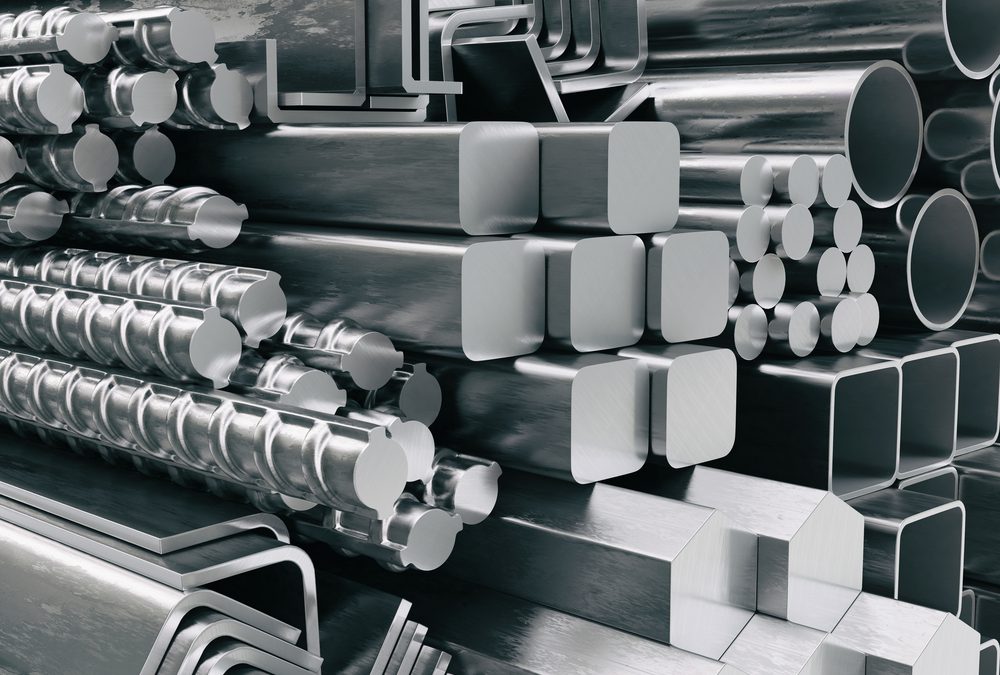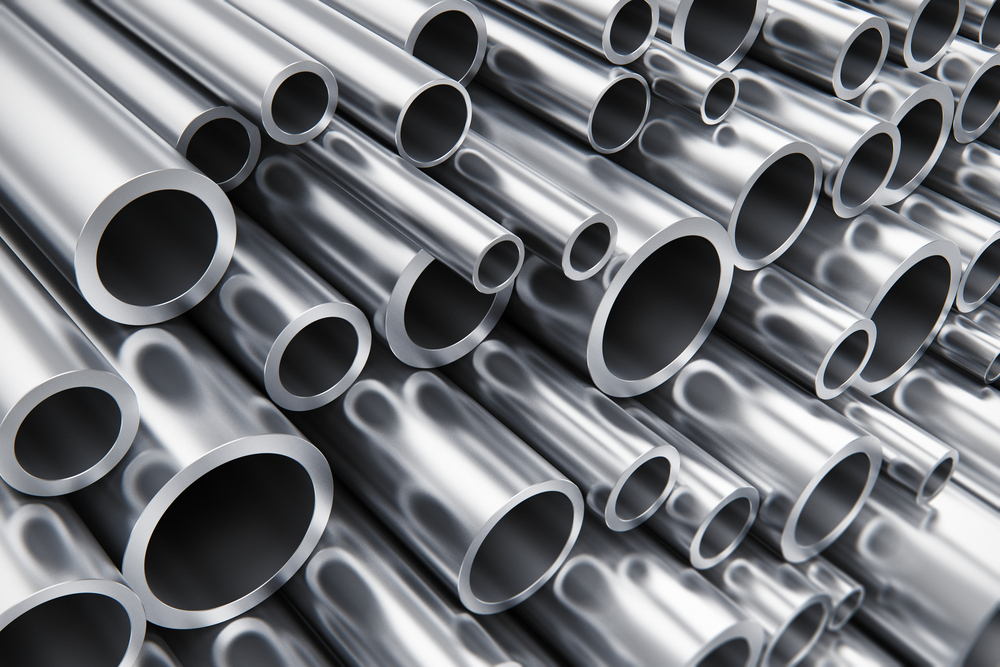
What are The Do’s & Don’ts of Titanium Fasteners
Titanium is a fantastic material that provides strength, lightweight, and corrosion resistance, but there are times when it should not be utilised. The dos and don’ts of titanium screws are covered in this concise blog.
Titanium fasteners are vital in the aviation and aerospace industries. Although steel is the most common fastener material, titanium is also utilised in some cases. Let’s look at some of the instances where titanium is preferable over steel, as well as some of the benefits of titanium fasteners.
Titanium’s Advantages:
Titanium has a better tensile strength than steel when it comes to fasteners. High temperatures, saltwater, and galvanic corrosion do not affect them. While titanium’s moderate ductility and low work hardening rate make it unsuitable for many applications, it is appropriate for many aeronautical and naval applications.
Where is Titanium Found?
Titanium fasteners are utilised in applications that need a high strength-to-weight ratio, superior stress corrosion cracking resistance, high corrosion resistance, and high fatigue strength. These are some of them:
-Maritime uses, both military and commercial
-Masts and exteriors of submarines
-Components of the landing gear and the engine
-Vehicles and spacecraft are launched by NASA.
Do Use for Saltwater & Chloride Resistance:
In saltwater conditions, titanium screws are one of the most notable applications. Titanium is used in various sectors like military, as well as businesses such as desalination and offshore oil, because of its exceptional salinity resistance. Even at temperatures of up to 500°F, titanium fasteners are resistant to both flowing and stagnant saltwater up to a mile deep.
Titanium screws, like saltwater, are nearly inert to all chloride and chlorine solutions. Titanium’s capacity to renew its protective passive layer in the presence of oxygen explains this. Titanium fasteners are also resistant to the following elements:
- Chlorite
- Hypochlorite (Bleach)
- Chlorate
- Perchlorate
- Chlorine dioxide
Do use it for both strength and lightness:
Titanium grade 5 has industry-leading strength, with a UTS of 148 ksi and a yield of 138 ksi. Titanium’s strength is made all the more remarkable by the fact that it is also extremely light. Grade 5 fasteners are four times stronger than 316 stainless steel fasteners while weighing almost half as much. (Grade 2 titanium is roughly twice as strong.) Titanium is suitable for medical, aeronautical, and military applications due to its unmatched strength-to-weight ratio.
Don’t use in Acids:
Titanium fasteners are resistant to corrosion from salt water and chlorides, but not from strong acids. When exposed to acids such as sulfuric (H2SO4) and hydrochloric (HCl), their protective passive coating is attacked, and in the proper concentrations and temperatures, this layer can quickly erode.
Do not use in the presence of dry chlorine:
Titanium screws can be utilised in virtually all chloride and chlorine applications, however they can’t be used without water. They will quickly corrode and possibly burn if exposed to dry chlorine or chlorine gases. Titanium can renew its passive layer and stay resistant with as little as 1% moisture (at ambient temperature) and 1.5 percent moisture (at high temperature).





